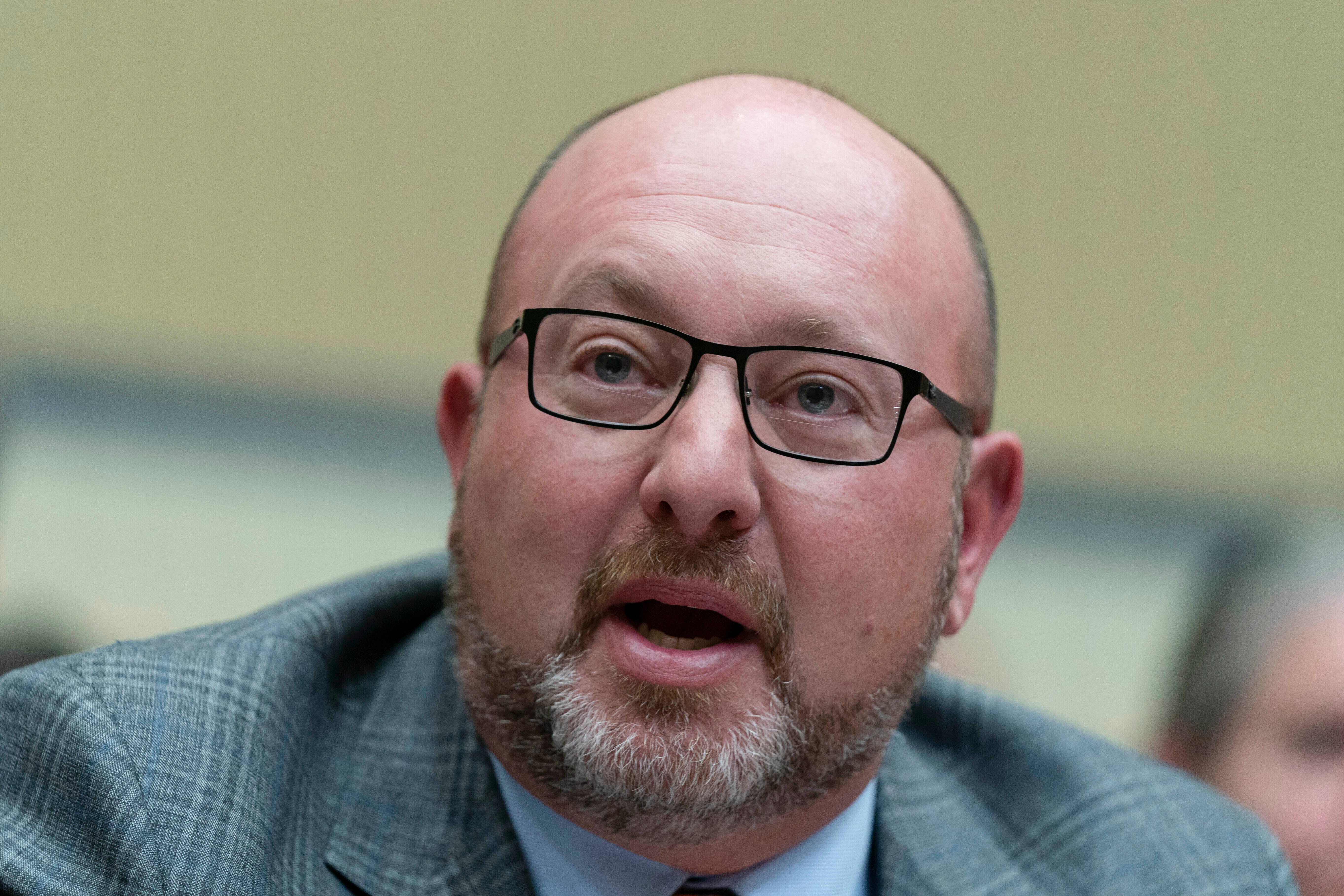Gun advocates challenge Biden administration rules on handgun braces at appeals court
Appellate court judges in New Orleans closely questioned a government attorney over a Biden administration rule aimed at curbing the use of stabilizing braces

Appellate court judges in New Orleans closely questioned a government attorney on Thursday over a Biden administration rule aimed at curbing the use of stabilizing braces, which are handgun attachments that have been used in multiple mass shootings in recent years.
The braces attach to the back of a gun, lengthening it, and strap to the arm. They were originally developed for disabled people. However, gun-safety groups say they essentially can be used to lengthen a concealable handgun so that it can be braced against the shoulder and fired like a rifle or shotgun.
Advocates for the rule point to deadly mass shootings while arguing that the braces make concealable handguns more deadly. Opponents of the rule say the devices make handguns safer to use by making them more stable, comfortable to fire and accurate — an argument noted in questions from appellate panel judges Don Willett and Stephen Higginson at Thursday's hearing.
“All that to me seems synonymous with safer. Do you disagree with that?” Willett asked administration attorney Sean Janda.
Janda argued that regulating the braces is consistent with longstanding federal law outlawing sawed-off shotguns or other short-barreled non-handgun-type firearms.
“That particular combination, Congress has determined, is dangerous,” Janda said.
In May, the 5th Circuit issued an order preventing enforcement of the rules against plaintiffs in the case, who include two Texas gun owners and a firearms accessory manufacturer. It's uncertain when the three-member panel that heard arguments Thursday will rule on whether to permanently block the rule. It's also not clear whether the judges will apply their ruling nationwide or just within the circuit, which covers Louisiana, Mississippi and Texas.
The rule is also being challenged in other parts of the country, attorneys said. The issue may ultimately be decided by the Supreme Court.
Arguments during the nearly 90-minute hearing dealt with whether the rule is simply a reasonable interpretation of existing congressionally passed firearms law or an overreach by the administration; and whether it's fair and legal to make an estimated 3 million-plus owners of the devices register them and pay fees if they want to use them.
A stabilizing brace was used in March by the shooter who killed three students and three staff members at a Christian school in Nashville, Tennessee. In 2021, the man who killed 10 people at a grocery store in Boulder, Colorado, also used one. And in 2019, a stabilizing brace was used in a shooting in Dayton, Ohio, that left nine people dead.
That the devices can be used by criminals is not sufficient reason for the regulations, argued plaintiffs' attorney Erik Jaffe. “They don’t think they’re bad because they’re dangerous. They think they’re bad because criminals liked them. But criminals like handguns too. Just because criminals like something is not a reason why it’s dangerous."
On Thursday's panel with Higginson, who was nominated to the court by former President Barack Obama, and Willett, who was nominated by former President Donald Trump, was Jerry Smith, who was nominated by former President Ronald Reagan.
___
Associated Press writer Lindsay Whitehurst in Washington contributed to this story.
Bookmark popover
Removed from bookmarks